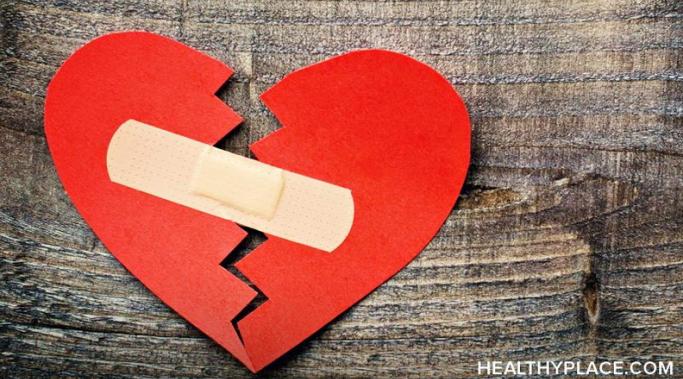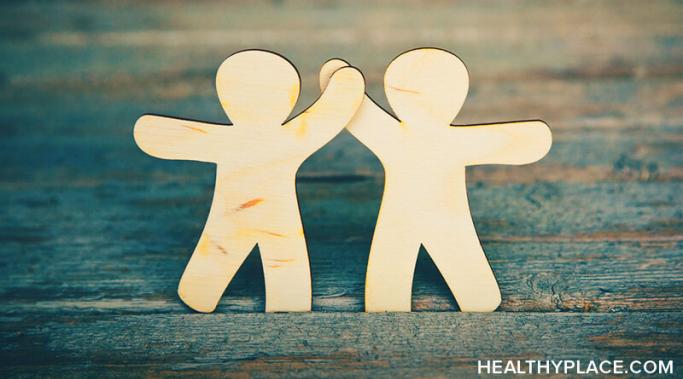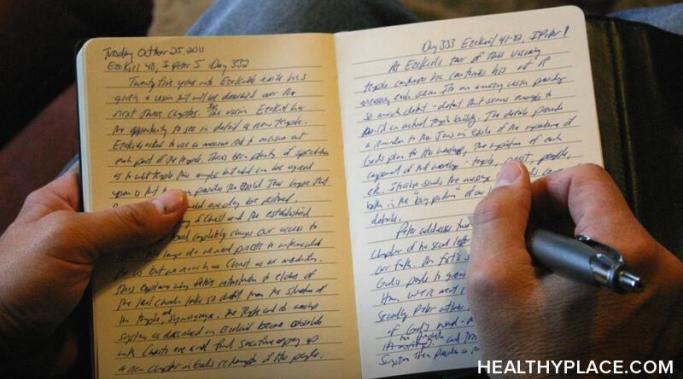Blogs
When I sit down to think about it, I often trace my anxiety back to James Parker. James Parker caused childhood trauma that left me anxious for years.
It is one thing to struggle with a gambling addiction; it is a new challenge when dealing with a loved one’s gambling addiction. As someone who has experienced gambling addiction, knowing the depths it took me to makes me worry because I understand the devastating impact it can have on every aspect of life. I also realize how hard having a loved one with a gambling addiction is.
The grieving process can be traumatic for verbal abuse victims, although the experience is unique for each person. When major life events happen, victims of verbal abuse may work through their grief differently than others. It can take more or less time to heal and move through grief than expected. It's important to recognize that there is no right way to grieve. Verbal abuse victims should seek the help and support they need while working through grief, especially if the grieving process is traumatic.
It is essential to my wellbeing to have supportive friends in the workplace. We all need a support network that we can rely on when feeling down. I have always had one supportive colleague I can trust and rely on for support when experiencing symptoms of bipolar or depression. I navigate my mental health in the workplace by finding one person I can confide in. I set up one hour per week where we can talk openly about workplace stressors and my mental health. A supportive friend at work can be an advocate and provide emotional support.
This week, I received a text from a longtime friend that sent me into an emotional tailspin. As a result, all motivation to care for myself evaporated into thin air. This news she shared was heavy to process, obviously, because I don't want to see her suffer, but also because I have firsthand experience with the issue she is facing.
Taimi is a lesbian, gay, bisexual, transgender, queer, plus (LGBTQ+) dating app known for its inclusivity. I've used dating apps like Tinder and Bumble, but this is my first time using a dating app specifically for LGBTQ+ people. The setup was easy, and I was impressed by the dating app's features. However, after using the app for a few weeks and reading some reviews, I think many improvements can be made to the user experience. I'm trying to navigate the good and the bad as I dip my toes into the dating pool. Here's what I found out about the Taimi dating app.
Mood journaling for people with depression, which simply means keeping a log of your moods, has many benefits. The act of transferring your feelings to paper can be therapeutic, taking bottled-up emotions out of your head and lightening your emotional load. Practicing writing your feelings down can help you better communicate them to your friends, family, or therapist. And looking back through your depression mood journal entries can help you identify trends, triggers, and possible treatments.
I want to make it clear that my identity is not just related to my schizophrenia. For nearly seven years, during my thirties, I lived almost schizophrenia and anxiety symptom-free. It was before I developed an anxiety disorder, and shortly after the period where I became treatment compliant and took my medication every day. I look back at that time as remarkable.
I've encountered an unexpected companion in borderline personality disorder (BPD) recovery. That companion is grief. It's like saying goodbye to that fun (and toxic) best friend who used to call the shots in my life. Embracing the unknown and forging my own trail is a bit intimidating, especially when BPD's been riding shotgun for way too long. Grief in BPD recovery is making itself known.
I'm someone who is always extremely anxious to reach an "end goal." This often makes it difficult to be mindful and appreciative of the steps and paths it took to achieve that goal. In recovery, it can be difficult to appreciate what life offers, but each step in life is its own gift, and enjoying the journey can be even more meaningful than reaching the destination. There is a mindful quote that helps me appreciate the journey.










I'm sorry things are so hard. I know what that's like.
I can't tell you what to do, but I can tell you this: it took me a long time to find the best treatment for me -- and things still require tweaking. Moreover, it's unlikely that any one thing will work on its own for you. You likely need a combination of approaches like therapy and medication together. And remember, doing what you have always done will give you what you've always gotten. You can't change your brain on your own.
One thing I can say is, don't give up. Things can get better.
-- Natasha Tracy
I'm so sorry about how hard it is. I know what it's like to appear "fine" but be anything but. I also know how hard it is to ask for help.
I think when you're asking for support, the best thing to do is to think about what you want to say ahead of time and think, specifically, about how to explain what you're going through. You can then think about how to express yourself while not overly concerning the other person. (Keep in mind some concern is normal and unavoidable.)
For example, maybe you want to talk about being depressed. You might say something like, "I feel like everything is grey. Food tastes like sawdust. I feel like I'm never going to get better. I don't know what to do."
All those things are normal and okay. You might want to further express something like this, though, "I know my brain is lying to me about never getting better, but it feels very real."
The second part is important because it helps the other person put what you're saying into perspective.
Other people don't know what it's like to be in your brain, so try to explain it to them and explain how concerned they actually should be.
Finally, if you can't do the above, I understand. It's awful to have to take care of the other person while asking for help for yourself. That doesn't mean you still should ask, though. If they're concerned, then they're concerned, and that's okay.
-- Natasha Tracy
Thank you so much for reaching out to share this part of your story. From one twin to another, I am deeply sorry for the loss of your sister, and I can certainly understand the frustration, discomfort, and insecurities of feeling like your bodies were under constant scrutiny and comparison. I appreciate your vulnerability and willingness to share your insights and experience.
I now live a very depressed life, which is very isolating. I understand the feeling of not wanting to die, but also getting very worn out from living.
One day I want to seek help for myself, and the rest of the time I think it would be best to just soldier on alone.
I hate being such a disappointment to people, whether it's friends, family, or even the rare relationships I encounter.
I've tried medication in the past, I've tried counselling and support groups, I now think that nothing will help, especially not even my own ability to help myself.
If only you could just take whatever is wrong out of my head, as I really hate to think things are just going to get worse until life decides it's time for me to pass.
I appreciate your transparency and step by step ideas to survive as a single person.. Even though I suffer from Bipolar 1, I find that either end of the polar spectrum creates chaos in my life as well as friends and family. These are the more full blown manic times, where literally everyone who cares about me are dealing with hospitalization emergencies. While well , they assume everything is fine. Now is the deep depression where even leaving my house or getting out of bed are really hard. I am overwhelmed and my house is a mess. I do not communicate my depression to anyone but my therapist because I don’t want to make them worry. I’m worried myself because of the unpredictability of this disease.. I am too sad to cry and I’m practically having a panic attack thinking about going to work tomorrow. At any moment I could snap at one of my unlikable colleagues. Even though I need a paycheck, I’m also fully capable of quitting if anyone crosses me. The biggest frustration is that no one seems to understand. I appear normal on the outsides but inside, it can really suck. I’m going to listen to your podcasts and hopefully, you will cover more specifics on how to elicit support without causing panic…and who wants to be appointed this unpleasant job.